Understanding different types of chiller units: which is right for your industry?
Choosing the right chiller unit for your business is a crucial decision that can have a significant impact on your operations. Chillers come in various types, each designed to suit different industries and cooling needs.
Whether you're in manufacturing, food production, or data management, selecting the appropriate chiller unit can help you achieve greater energy efficiency, cost savings, and optimal performance. In this article, we'll explore the most common types of chiller units and help you determine which one is right for your industry.
Glycol chillers
Glycol chillers are specialised systems using a mixture of water and glycol to cool the refrigerant.
This allows the system to maintain cooling at lower temperatures without freezing. Glycol chillers are often used in industries like breweries, wineries, and food production facilities, as well as in pharmaceutical and chemical industries where precision cooling is essential.
The major advantage of glycol chillers is their ability to handle lower-temperature applications without freezing the cooling medium. However, glycol chillers may not be necessary for every business and typically require more maintenance due to the water-glycol mixture, which requires regular monitoring.
Air-cooled chillers
Air-cooled chillers are widely used across many industries due to their simplicity and efficiency.
These chillers use fans to cool the refrigerant by drawing air across a condenser, making them particularly effective in environments where water is scarce or expensive. One key advantage is their relatively low maintenance requirements, as they don’t rely on a continuous water supply.
Air cooled chillers are commonly used in commercial buildings, smaller manufacturing plants, and the food and beverage industry where moderate cooling is needed. However, they may not be ideal for industries with high cooling demands, as they tend to be less efficient in extreme heat. If your business operates in areas with high ambient temperatures, energy consumption can increase, which may not be cost-efficient.
Water-cooled chillers
For industries that require consistent cooling in high-temperature environments, water-cooled chillers are often preferred. These chillers use water from an external cooling tower to cool the refrigerant, making them more efficient than air-cooled systems, especially in warmer climates. While they require more maintenance due to the water source and cooling towers, their energy efficiency can offset these costs over time.
Water-cooled chillers are ideal for large-scale applications, such as chemical processing plants and large commercial properties where cooling demand is constant. Their ability to maintain performance regardless of external temperatures makes them highly reliable for consistent cooling. While installation costs may be higher, long-term energy savings make them a wise investment for high-demand industries.
HVAC chillers
HVAC chillers are primarily used for climate control in large commercial buildings, hotels, hospitals, and office spaces. These chillers are part of an overall HVAC system, providing cooling to maintain comfortable indoor temperatures. While they may not suit industrial applications, HVAC chillers are crucial for maintaining optimal conditions in commercial properties.
Available in both air-cooled and water-cooled varieties, HVAC chillers help businesses manage indoor climates effectively. In large office buildings, retail centres, or data centres, they help maintain stable temperatures, reducing the risk of overheating sensitive equipment or discomfort for occupants.
Heat pump chillers
Heat pump chillers provide both heating and cooling, making them a popular choice in industries that need year-round climate control.
These systems transfer heat from one place to another, either removing it to cool a space or introducing it to provide warmth. Heat pump chillers are commonly used in commercial buildings, residential properties, and some industrial applications where both heating and cooling are needed.
The main benefit of heat pump chillers is their efficiency and versatility. They can switch between heating and cooling, reducing the need for separate systems. However, they may not be as powerful as dedicated chillers for industries requiring large-scale or precision cooling.
Conclusion
Understanding the different types of chiller units is essential for selecting the right system for your industry.
Whether you're managing a data centre, running a brewery, or maintaining a large commercial property, the right chiller can improve efficiency, reduce energy costs, and increase overall performance. By choosing a system that meets your unique cooling requirements, you can ensure that your business stays cool, efficient, and productive all year round.


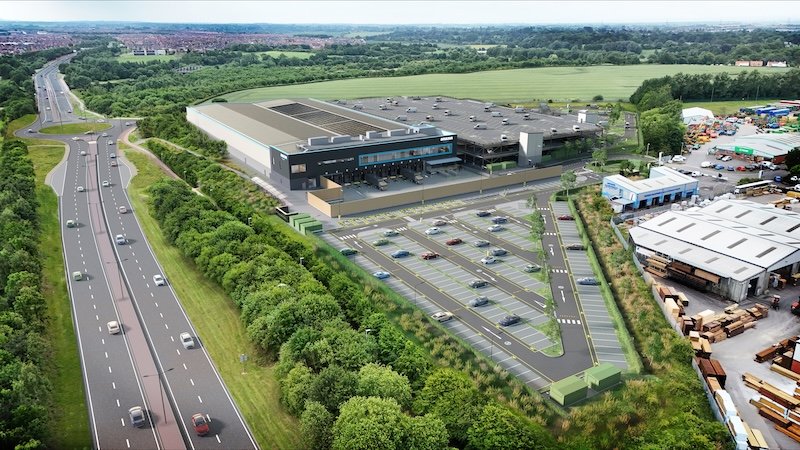


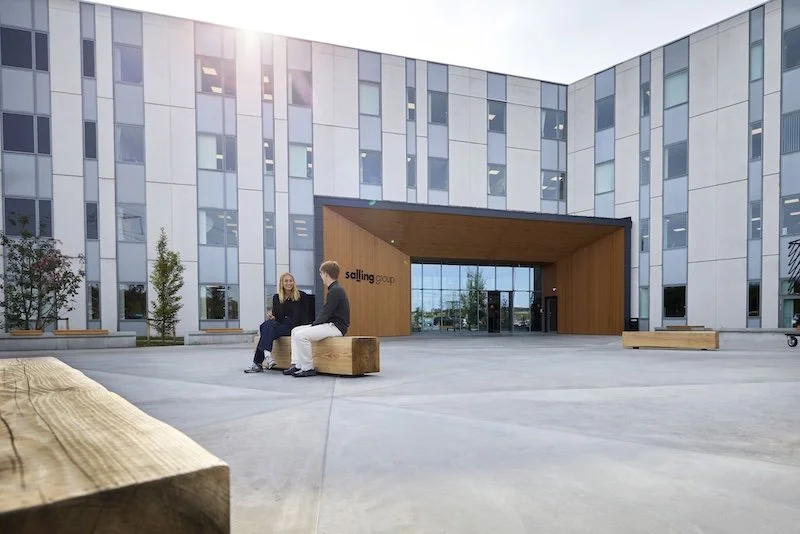
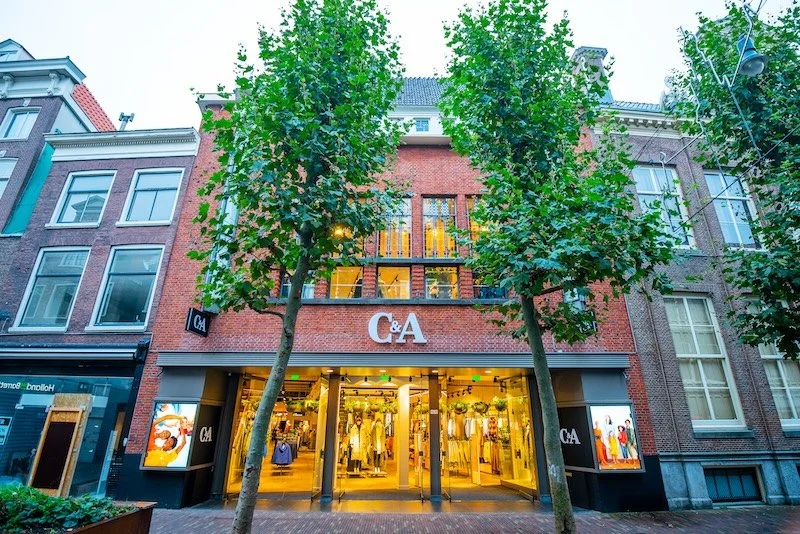

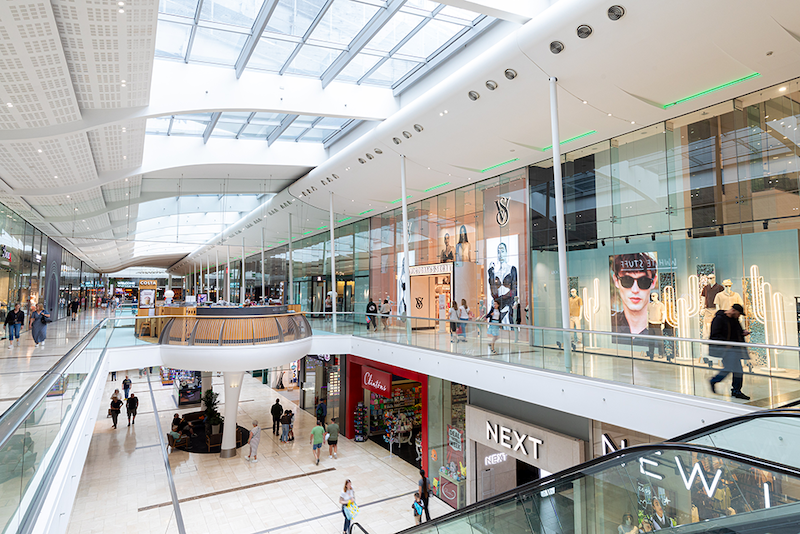


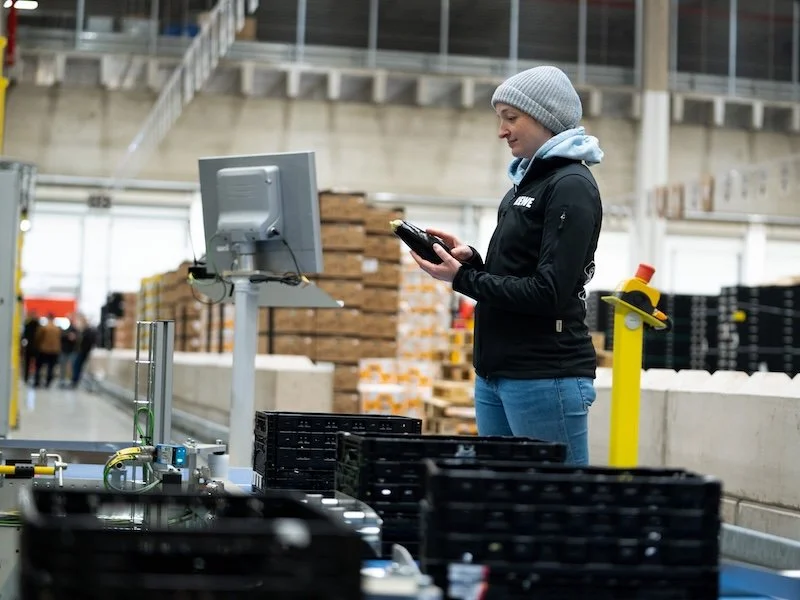



















Continue reading…